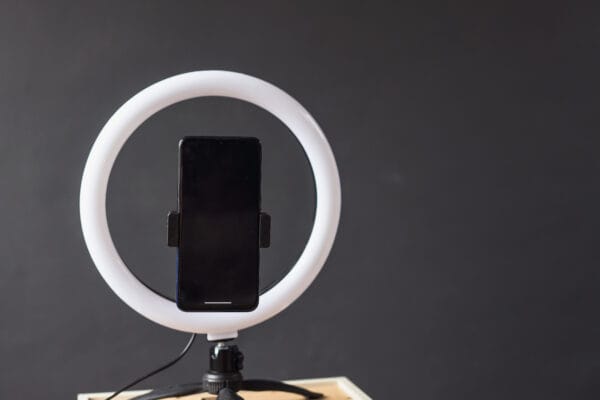
By Alia E. Dastagir | USA TODAY
A 15-hour work week. That’s what influential economist John Maynard Keynes prophesied in his famous 1930 essay “Economic Possibilities for Our Grandchildren,” forecasting that in the next century technology would make us so productive we wouldn’t know what to do with all our free time.
This is not the future Keynes imagined.
Many higher income workers put in 50 or more hours per week, according to an NPR/Harvard/Robert Wood Johnson Foundation poll. Meanwhile, lower-income workers are fighting to get enough hours to pay the bills, as shown in a University of Washington report on Seattle’s $15 minimum wage publicized this week.
Yet some of today’s best minds are making Keynes-like predictions. This month, Apple co-founder Steve Wozniak said robots will one day replace us — but we needn’t worry for a few hundred years.
In May, Facebook CEO Mark Zuckerberg told Harvard’s 2017 class that increased automation would strip us not only of our jobs but also of our sense of purpose.











